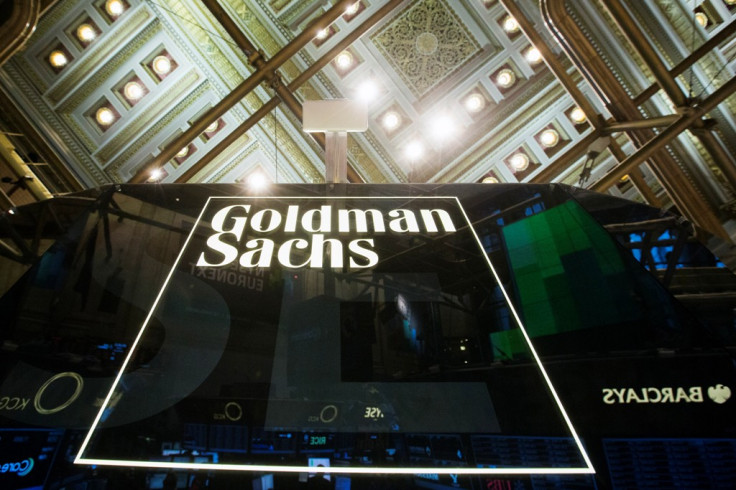Goldman Sachs Fined $800,000 for 'Flash Boys' Style Dark Pool Trading

US regulator, the Financial Industry Regulatory Authority, has fined Goldman Sachs $800,000 for failing to prevent hundreds of thousands of automated trades taking place on its platforms at lower quoted prices than could be got elsewhere.
Finra said Goldmans had executed disadvantageous "trade throughs" on its dark pool trading platform Sigma-X - trading tactics reminiscent of the practices criticised in Michael Lewis's new book.
Finra confirmed in a statement that it fined the Wall Street giant's clearing subsidiary for failing to have reasonably designed written policies and procedures in place to prevent thousands of stock market trades being executed at lower prices than they would have at other exchanges.
The independent watchdog said from 29 July 2011 through to 9 August 2011, there were more than 395,000 transactions executed on the dark pool platform at a price inferior to the National Best Bid and Offer (NBBO).
"It is imperative that firms take steps to ensure compliance with the Securities and Exchange Commission's trade-through rule so that displayed trading interest is appropriately protected and customers do not receive executions at inferior prices," said Thomas Gira, executive vice president, Finra Market Regulation.
"In today's highly automated trading environment, Finra has no tolerance for firms that fail to have robust policies and procedures to protect against trading through protected quotations."
Finra confirmed that in connection with the approximately 395,000 trade-throughs, Goldman Sachs returned $1.67m (£973,597, €1.2m) to "disadvantaged customers".
Goldman Sachs neither admitted nor denied the charges, but consented to the entry of Finra's findings.
Other Cases
In a similar case, New York Attorney General Eric Schneiderman has launched a lawsuit that centres on claims that Barclays maximised profits by executing a bulk of transactions through high frequency trading (HFT) and on so-called "dark pools" - trading platforms that do not disclose trade or party details publicly until after the transaction is completed.
The practice takes place despite the fact clients could have got a better deal on regular exchanges.
Michael Lewis's book, Flash Boys: A Wall Street Revolt, claims that with the use of expensive fibre optic lines, high frequency traders are able to get ahead of the regular buyer's order, allowing them to profit from knowledge of prices in slower feeds.
In other words those people with the means at their disposal can essentially rig the markets.
"We are working urgently to understand the situation. We are undertaking a full internal investigation into these allegations, which will report directly to me. To assist us in that we have brought in substantial external resources to ensure that the investigation can proceed at pace and is properly objective. That is critical," said Barclays' boss Antony Jenkins in the memo seen by IBTimes UK.
"I have said before that we would face some challenges as we work to change Barclays. The real test of our commitment to our values is how we respond to those challenges when they arise.
"I will not tolerate any circumstances in which our clients are lied to or misled and any instances I discover will be dealt with severely. The success of our business depends crucially on our clients being able to rely absolutely on our honesty and integrity."
© Copyright IBTimes 2025. All rights reserved.






















